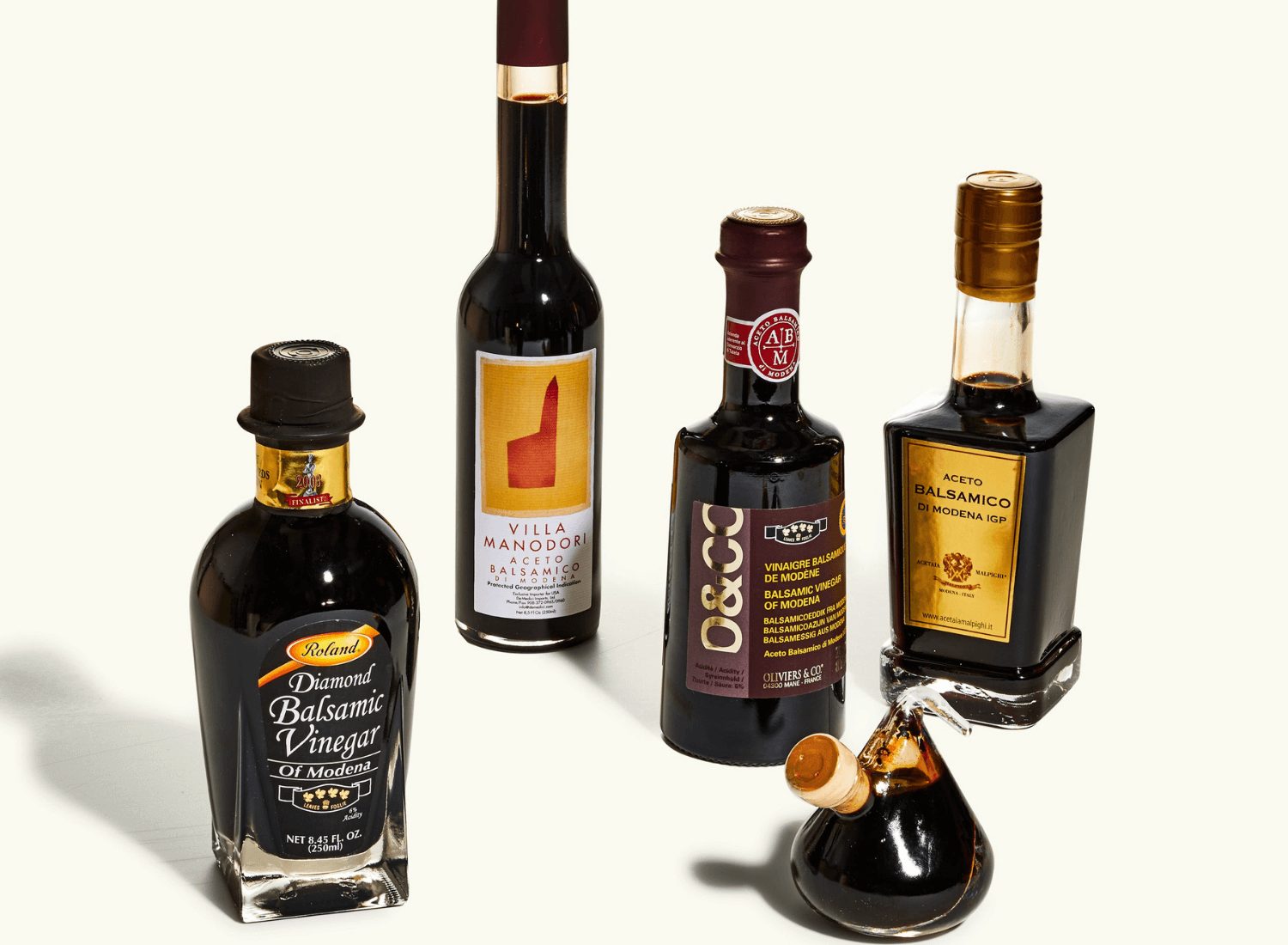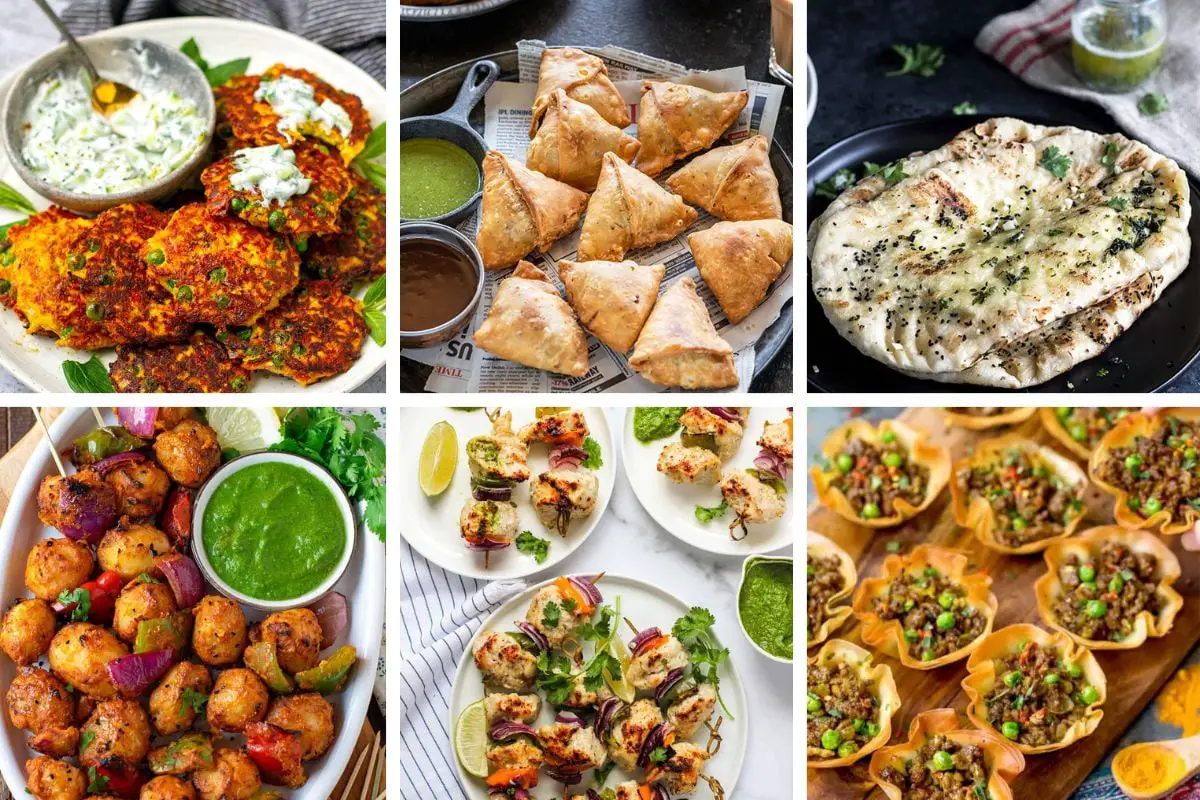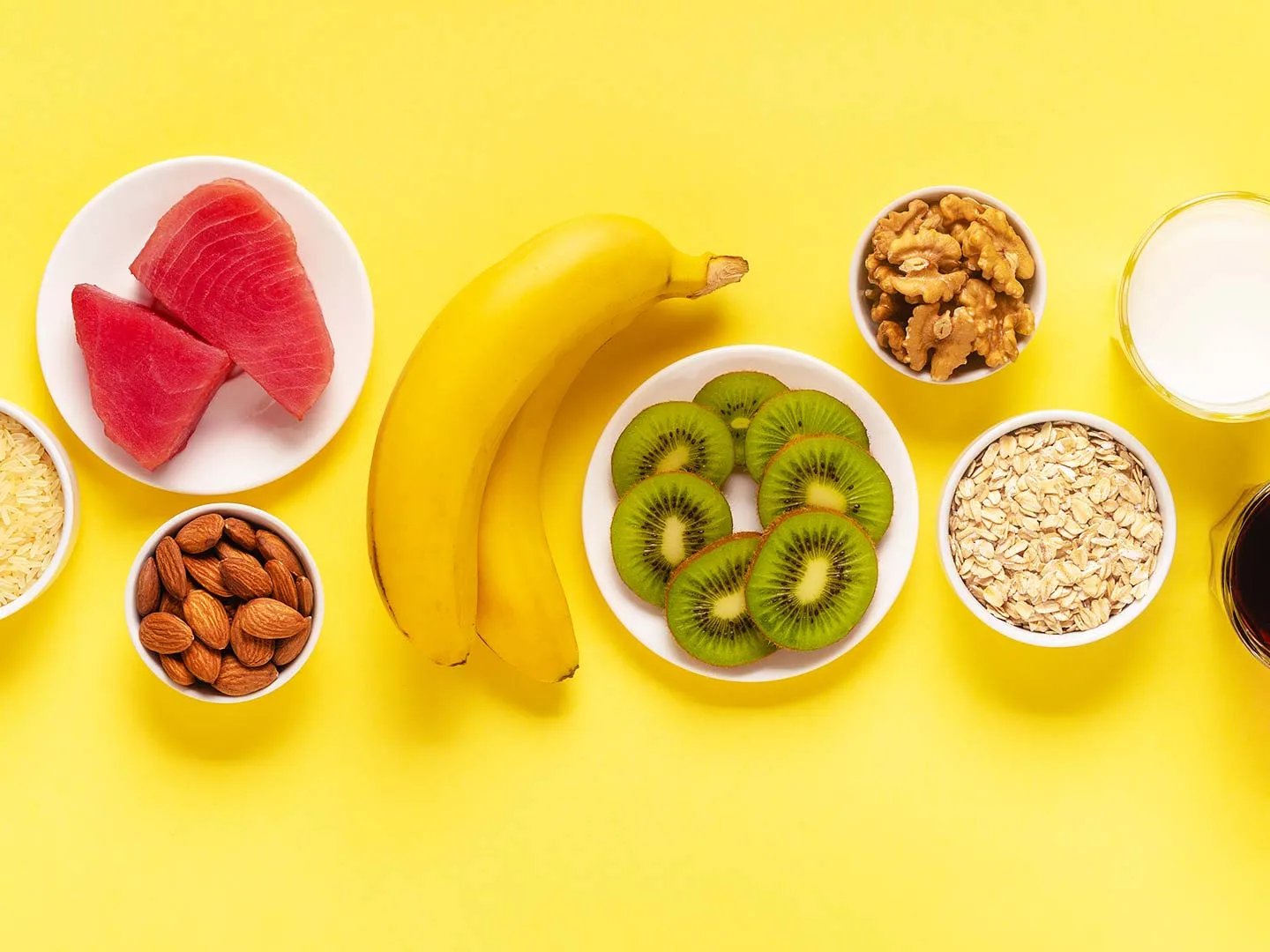In various areas of our lives, sustainable consumption, environmental concerns, and minimalist trends are becoming more popular. Even if most of us can easily associate ideas with the worlds of fashion, travel, etc., we are still unsure of how it might also change our diets.
How many of us also consider what foods are nice to the planet and do not harm the environment while we browse the grocery store in search of fresh, healthful, and delicious meals? As consumers, we have a greater obligation to make decisions that are best for the environment and our families as we become more aware of the options available to us.
What Is Processed And Organic Food?
Foods that have been “processed” are those that have been “conventionally farmed” with the help of chemicals to fend off pests on the farm and promote crop development, with added artificial colors and flavors to make the food stand out. Genetically engineered and artificially fertilized crops, as well as food that has been mechanically processed and preserved, all fall under the category of processed foods.
The simplest approach to distinguish between processed foods that have been cultivated conventionally and those that have been farmed organically is to look at how they are made and what additives are used. Genetically modified organisms (GMOs), growth promoters, and other fertilizers are not present in organic foods that are manufactured from man-made and synthetic substances. The produce must be free of additional ingredients like MSG, artificial flavors, and colors in order to be recognized as organic. These foods are likewise raw, and by eliminating chemicals from the growth process, they are made natural and nutrient-rich by utilizing the energy and nutrients of the earth, air, sun, and water.
The Benefits Of Organic Food vs Processed Food
Organic food is produced sans the use of antibiotics, synthetic fertilizers, pesticides, or growth hormones. According to dietitians, they are typically regarded as safe to ingest as conventionally cultivated foods, despite the fact that poultry raised without hormones may have more salmonella-tainted meat.
Some organic foods are more nutrient-dense than their non-organic counterparts, while others are equally nutrient-dense. Additionally, both organic and non-organic versions of processed foods, or foods modified during manufacturing, are available. You might be able to make better food purchase decisions if you are more informed about these aspects.
What’s The Difference?
Taking care of your body has to be your priority. Eating correctly is even more crucial to success than exercising and conditioning. After all, the body is a temple.
Unfortunately, a lot of negative things get in because of us. But we’re not just talking about snacks here—we already know that chips and sweets are unhealthy. Unexpectedly, eating fruits and vegetables can also be more detrimental than beneficial.
Nearly all of your food is processed or subjected to chemical treatment unless you are following an entirely raw and organic diet. Many meals have artificial additives and preservatives, while fruits and vegetables sometimes have less nutrition and are tainted with pesticides compared to their organic counterparts.
So What Does It Mean To Eat Raw And Organic?
A raw food diet is somewhat radical. Fruits, vegetables, seeds, nuts, cereals, and anything else that has been cooked to a temperature below 116° F are considered raw foods. Foods that have been cooked over this point lose vital vitamins, minerals, and enzymes.
The term “organic” simply describes how the food was raised. Pesticides, genetically modified organisms (GMOs), petroleum, or sewage-based fertilizers are not permitted for use by organic farmers. Animals raised on organic feed must not be given antibiotics or growth hormones. The advantages of eating an organic, raw diet outweigh the difficulties.
Consuming processed foods slows down your metabolism, contributes to brain fog, and raises your risk of developing numerous chronic diseases, including diabetes, heart disease, and cancer. A more natural diet, however, not only lowers your risk of sickness but also increases energy levels. Not to mention, you’ll get better sleep, which will make you feel more rested and prepared for your day. You’ll be able to train harder.
Conclusion
Less energy (calories) and more supplements like nutrients, minerals, and fiber are found in organic food variations. However, processed food kinds often have larger void calories, meaning they have more energy (calories) but essentially no nutritional value.
Read also – 10 Best Desserts to Eat In France



